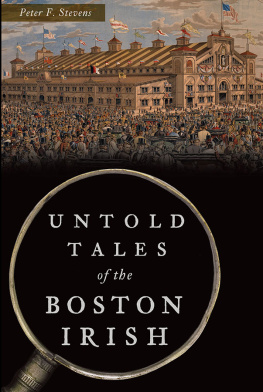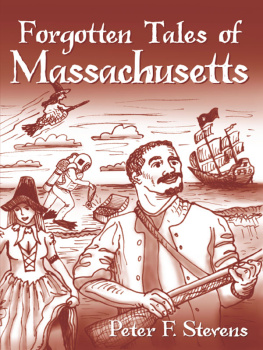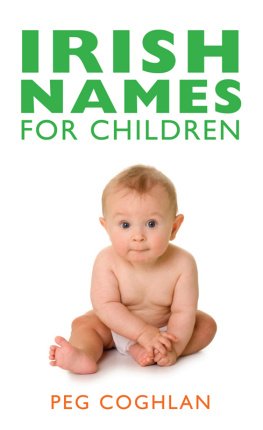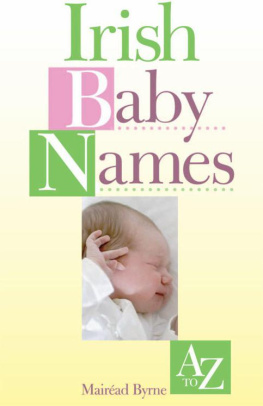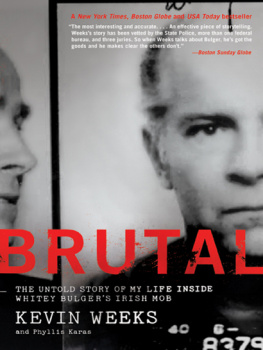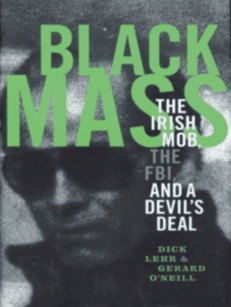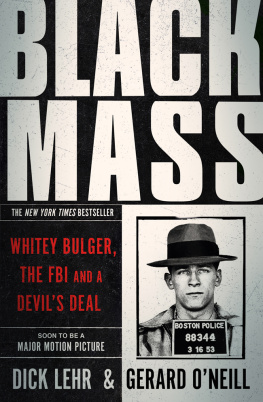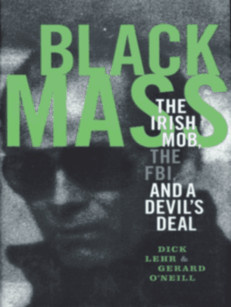

Published by The History Press
Charleston, SC
www.historypress.com
Copyright 2021 by Peter F. Stevens
All rights reserved
Cover images courtesy of the Library of Congress.
First published 2021
e-book edition 2021
ISBN 978.1.43967.203.7
Library of Congress Control Number: 2020945748
print edition ISBN 978.1.46714.707.1
Notice: The information in this book is true and complete to the best of our knowledge. It is offered without guarantee on the part of the author or The History Press. The author and The History Press disclaim all liability in connection with the use of this book.
All rights reserved. No part of this book may be reproduced or transmitted in any form whatsoever without prior written permission from the publisher except in the case of brief quotations embodied in critical articles and reviews.
CONTENTS
To Winnie Liang,
With more love and gratitude than I can possibly express.
Because of you, Im the most fortunate of men.
ACKNOWLEDGEMENTS
This book is a compilation and expansion of columns I have contributed to the Boston Irish Reporter and now Boston Irish Magazine over the past decade, as well as new material. As both a writer and editor for the newspaper and the magazine, I have the ongoing privilege of working with publisher Ed Forry, editor Bill Forry and editor Tom Mulvoy, three of the best in the business and three of the best friends anyone can have. All have given me free rein to write about topics that have often fallen between historys proverbial cracks.
No one can set out to write about the Boston Irish without calling on the peerless and prolific author Thomas H. OConnor, the late professor of history emeritus at Boston College. His work The Boston Irish: A Political History stands as a benchmark of Boston Irish history. Also at Boston College, the Burns Librarys splendid Irish collections have been integral to me on this and many other projects and articles.
Authors Mike Quinlinfounder of Bostons Irish Heritage Trailand Dennis P. Ryan have delved into the citys vibrant and oft-controversial past to preserve the story of the Irish in these parts. John McColgan, Boston City Archivist, has few rivals in his immense knowledge of all that was and is Boston Irish.
As always, I treasure the support of Peg Stevens, Karen Stevens, Greg Stevens and Val Doran, and Paula and Joe Axelrod. I also want to thank Jonathan and Rachel Ng.
My deep thanks go out to Mike Kinsella, The History Press editor, and Rick Delaney, The History Press copyeditor, for their spot-on efforts on the book.
Part I
JUSTICE DENIED
THOU SHALT NOT SUFFER A WITCH TO LIVE
Ann Goody Glover
At Our Lady of Victories Church (currently closed), perched on Isabella Street in Boston, is a plaque testifying to a dark day in the annals of the Boston Irish. The memorial marks the saga of Ann Goody Glover, an elderly Irishwoman who was hanged on November 16, 1688, as a witch near the site of the future Catholic shrine. As the tablet notes, she is considered by many to be a Catholic martyr in Massachusetts, executed because of the Puritans fear and hatred of Papists. The Irishwomans trial and death served as a chilling portent of the Salem witch trials some four years later.
The traditional yet murky details of Goody Glovers story are as follows.
On November 16, 1688, jeers erupted from hundreds of throats. An ox-drawn cart flanked by sentries creaked to a stop in the shadow of a huge elm tree. A gaunt woman, staggering from the weight of the chains that tore her wrists and ankles, stepped from the cart. Her guards shoved her beneath a noose dangling from the elm.
A jowly man clad in a long black robe and a high, wide-brimmed hat held up his hand for silence. The throngs din ebbed, no right-minded Puritan wishing to suffer the ire of Superior Court Clerk Dr. Benjamin Bullivant.
A few feet from the tree, a chained woman clutching a cat sobbed. Her mother, Ann Goody Glover, was about to die at the end of a rope. Goody Glovers only crimes were her Catholicism and her Irish brogue. In Puritan Boston, they were reason enough to hang.
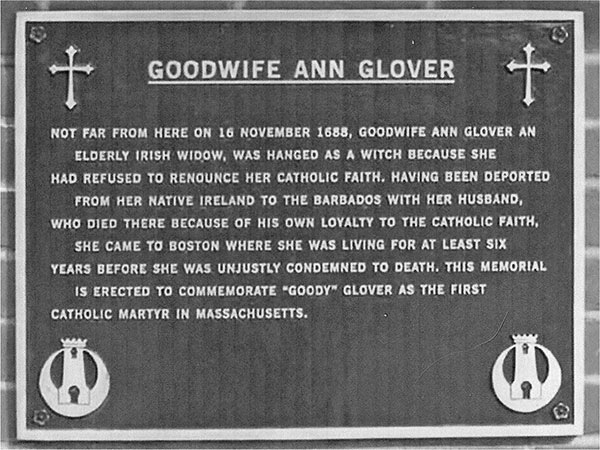
Memorial plaque at Our Lady of Victories Church, in Boston, for Ann Goody Glover, tried, convicted and hanged for witchcraft in 1688. Photo by Peter F. Stevens.
Goody Glover and her daughter, Mary, had arrived in the Massachusetts Bay Colony as refugees of the religious wars ravaging Ireland. In court, Ann Glover said that she and her husband had been sent from Ireland as slaves to Barbados during Oliver Cromwells brutal campaign in Ireland. Glover stated that while in Barbados her husband was scored [whipped] to death, and did not give up his religion, which same I hold to.
In Boston, as a bondswoman, or indentured servant, Mary Glover, Anns daughter, toiled as a washerwoman for a sober and pious Puritan mason, John Goodwin. One of Goodwins children, thirteen-year-old Martha, accused the Irish servant of stealing linen sheets. Neither of the Glovers reportedly spoke much English, but Ann Glover confronted Martha Goodwin, allegedly unleashing a stream of barbarous Irish and very bad language in defense of her daughter.
Shortly afterward, John Goodwin rushed to Cotton Mather, the Puritan cleric and leader, and charged that Goody Glover, a scandalous Irish Papist, had driven the Goodwin children into odd fits. Mather immediately suspected Glover of witchcraft.
Constables seized the Irishwoman from her rude cottage, clapped her in irons and flung her into a squalid cell in Boston Gaol, whose three-foot-thick brick and stone walls rose on Prison Lane.
From July to early November 1688, she languished on the fetid straw atop her cells floor. Two PuritansRobert Calef and Rebecca Nursebrought her food and clothing when the jailers allowed. Calef later wrote a scathing attack against Cotton Mather for his persecution of Glover and other alleged witches. Rebecca Nurse, convicted of witchcraft, would hang in Salem in 1692.
Goody Glovers trial began in the second week of November 1688 and degenerated into one of the cruelest farces in American legal history. Forced to defend herself in Gaelic, which none of her accusers understood but which several court-appointed officials translated, she faced a range of charges: flying in and out of chimneys, striking children deaf and dumb, casting hellish spells and practicing black magic. One of the most serious charges was Satanic idolatryshe had been seen kneeling in front of a tiny statue of the Blessed Virgin. In a chilling prelude to the Salem witch trials, Glovers chief accusers were children.
The ministers, officials and skilled physicians denounced Glover as a vile Papist hag. A judge wrote: Upon her trial, the Papist did in Irish confess to herself guilt. The Papist defended herself unskillfully in her foreign gibberish and admitted her witchcraft.
When asked whether she was a Papist and when shown an idol [statue of a saint] that was diabolic, she said, I die a Catholic. The Puritans would contend that she admitted to tormenting the children by striking small rag dolls that were produced during the trial. When she took up one of these dolls in court, one of the afflicted children was seized with fits. In reality, though, Glover failed to comprehend the questions hurled at her.
Next page
